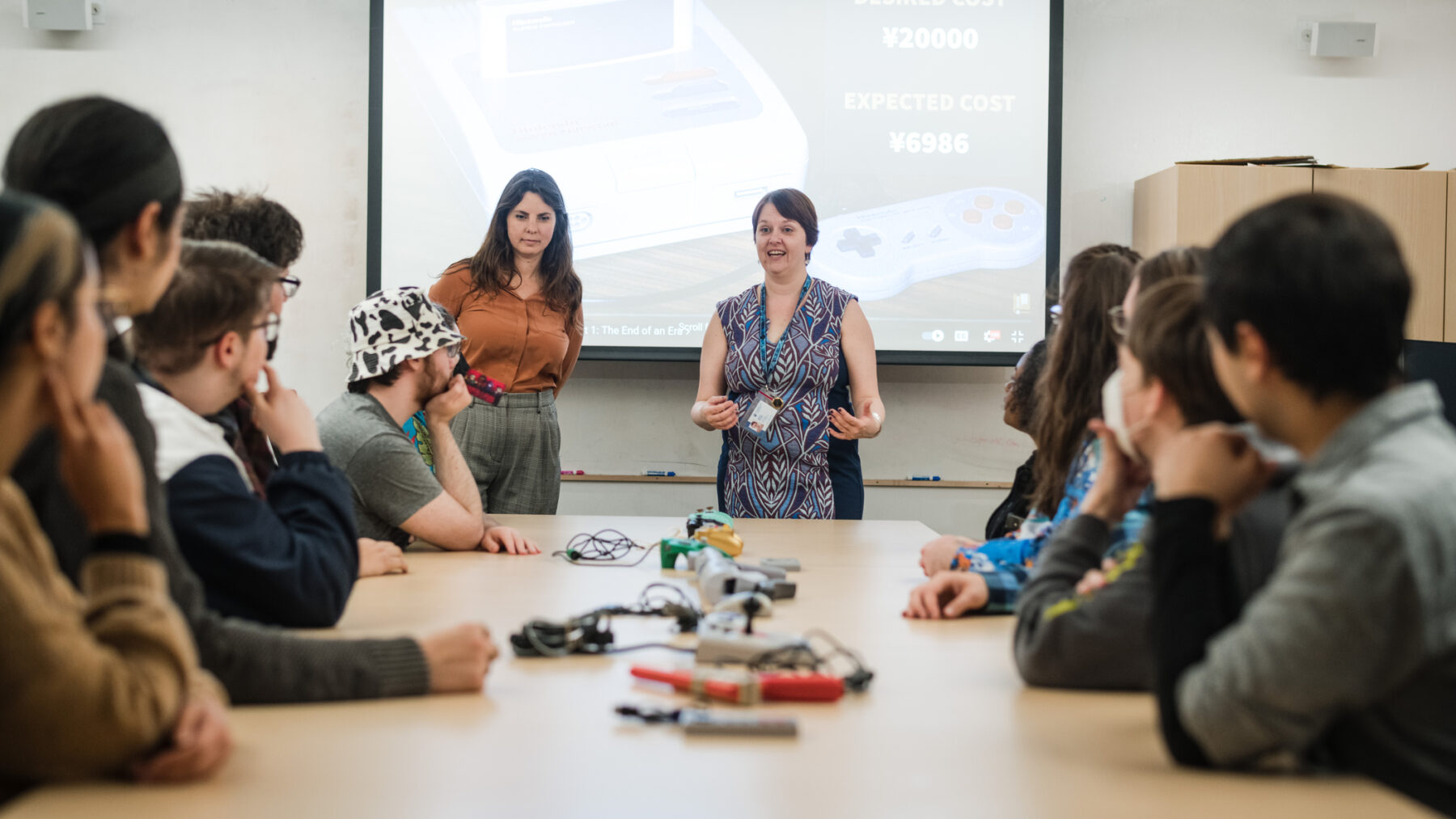Faculty / Staff FAQs
Champlain College Competencies FAQ – Fall 2024 marks the open phase of the Embedding the College Competencies Project (funded by the Davis Educational Foundation). In the first year of the project (last year) we have been developing support teaching resources and an awareness campaign.

Frequently Asked Questions
- Students will learn about the competencies through various activities:
- Students and student clubs can apply to a special pool of Davis Grant money to fund student activities connected to competencies and competency development.
- Students will be asked on class evaluations which competencies they see in their classes.
- Posters, digital signage, stickers, and other awareness campaign activities will all be reminders of the value of the competencies in their learning journeys.
- On campus student employees will see which competencies are relevant to their positions in the job descriptions.
- Each competency’s page contains the shared vocabulary that we should strive to use when helping our students learn these skills. Using the same vocabulary for elements of Collaboration, or Inquiry, or Technology Literacy (for example) helps students transfer learning from one context to another.
- For each competency there is a Competency Fellow. The Competency Fellows have drawn on their own experience and that of some others to create resources for the rest of the college. Do not hesitate to reach out to these Fellows for ideas in incorporating a relevant competency into your teaching practice. They will also offer individual workshops or presentations throughout the semester.Analysis – Bob Mayer, mayer@champlain.eduCommunication – Kelly Thomas, thomas@champlain.eduCollaboration – Rachel Hooper, rhooper@champlain.eduCreativity – Wylie Garcia, wgarcia@champlain.eduDiversity Equity and Inclusion – Meg Jones, mjones@champlain.eduGlobal and Cultural Understanding – Mike Lange, mlange@champlain.eduInformation Literacy – Celia Russell, crussell@champlain.eduInquiry – Sheila Liming, sliming@champlain.eduIntegration – Craig Pepin, cpepin@champlain.eduScientific Literacy – Sarah Beno, sbeno@champlain.eduQuantitative Literacy – Melanie Brown, mbrown@champlain.eduTechnology Literacy – Mariam Khader, mkhader@champlain.edu
- Check out the “resources” pages! Each competency has a dedicated Faculty/Staff resource toolkit page to assist with effectively integrating the competency into student learning. The Competency Fellows have drawn on their own experience and that of some others to start this section of the website.Each one includes:
- Examples of activities
- Assignments
- Reading materials
- Samples of student work
- Workshop recordings
and serves as inspiration for faculty members to design impactful and engaging learning experiences. This is not a complete list! We need your help expanding the resources to be shared across campus. Please send your cool pedagogical ideas and tips that relate to each competency to the relevant Competency Fellow. - Thanks to Melanie Brown’s Spring 2024 MTH 400 class, you can find the competencies mapped to your classes HERE.Additionally, check the Curriculum Archive for more course information.Competencies relevant to your class are scored as 3 on a 0 to 3 scale, indicating they should be actively taught with multiple practice and feedback opportunities.Caveats:
- Many mappings were done in 2015, with our (at the time) limited understanding of the competencies.
- Diversity, Equity, and Inclusion (DEI) was added in 2018, and the literacies were separated from two groupings into four categories in 2019. You’ll need to determine if your course is mapped to Technology and Information Literacy (TIL) or Scientific and Quantitative Literacy (SQL).
- Some courses were never mapped, and mappings may not reflect current teaching.
Re-mapping will occur during the 2024-25 academic year, but reviewing current mappings for fall 2024 is still recommended. Most current mappings should still be largely accurate.